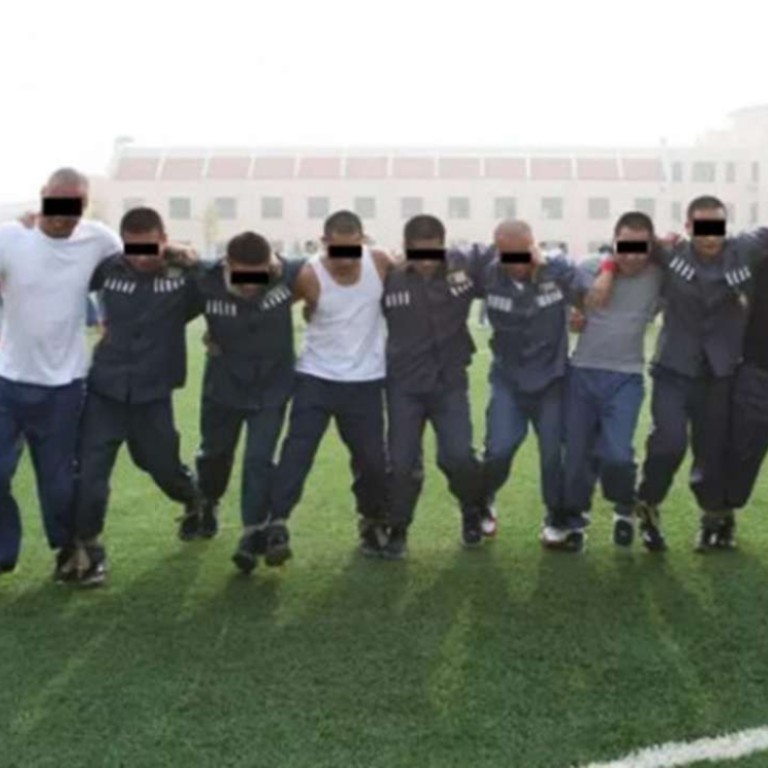
No escape? Chinese VIP jail puts AI monitors in every cell ‘to make prison breaks impossible’
- Yancheng prison, which is home to high-status inmates such as Gu Kailai, the wife of Bo Xilai, hopes to use technology to monitor prisoners at all times
- Designers say AI network will be able to detect unusual patterns of behaviour and send an alert to the guards
A high-security Chinese prison has planted a guard in every cell, every corner and they do not sleep, do not eat, do not blink.
Yancheng prison, a facility directly run by the Ministry of Justice, is taking a small but important step towards robotocracy by employing AI to govern convicts.
The network of cameras will be able to monitor inmates’ every movement and flag up anything that is deemed abnormal or worrying to the human guards.
Some experts even believe that the system will make escape impossible because even if inmates are able to bribe the guards, they cannot stop the system from triggering the alarm.
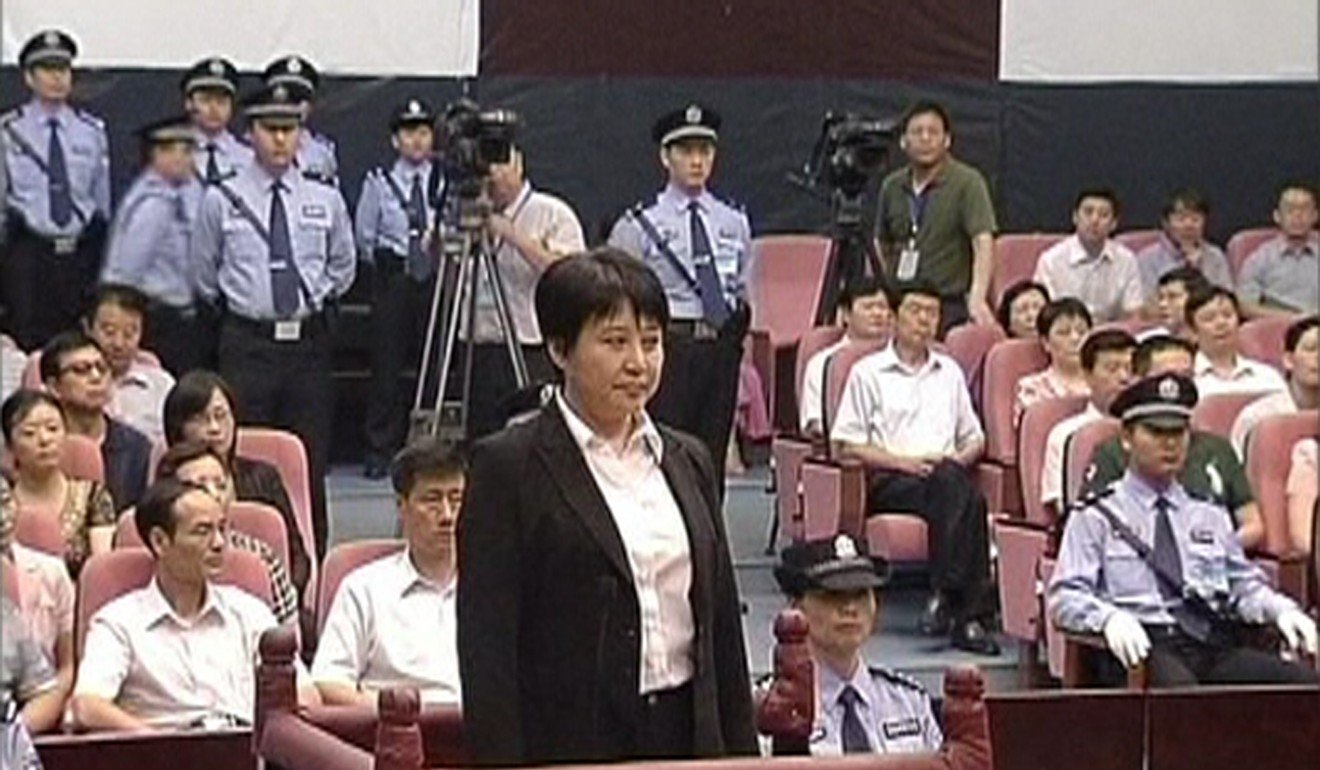
But despite subjecting its inmates to unceasing surveillance, the jail has previously been described a “luxury prison” because of its VIP inmates and the relatively comfortable conditions inside.
Some of the high-profile residents include Gu Kailai, the wife of disgraced former Chongqing party chief Bo Xilai, who is serving life for murdering a British businessman; Rui Chenggang, a former China Central Television anchor who was detained in 2014 for reasons that remain unclear; and a number of high-profile figures who were snared for corruption, such as Zhang Shuguang, the former high-speed rail network’s chief engineer and Nan Yong, former deputy chairman of the national soccer association.
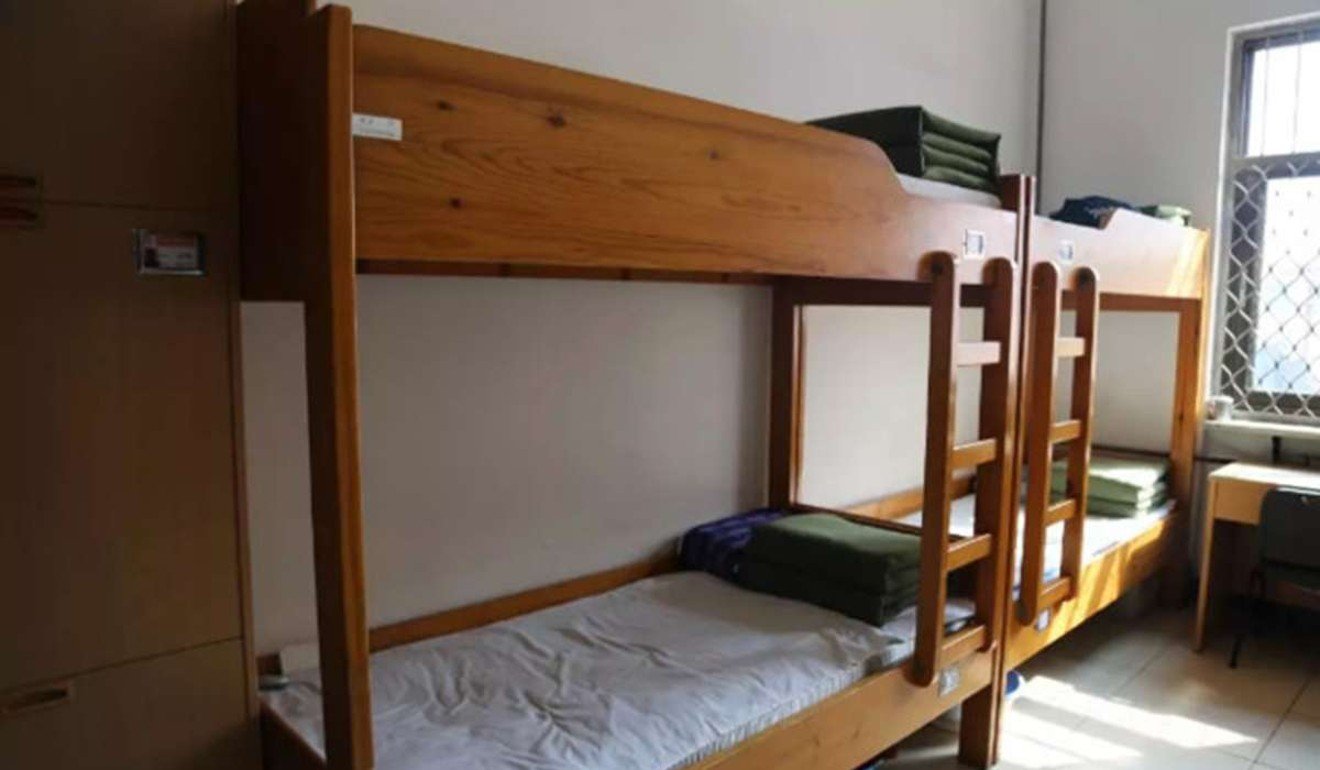
The prison also holds an unspecified number of foreigners, and it has previously been described as a model correction facility that diplomats from many countries have been allowed to visit to check up on the conditions.
But over the past year, the jail’s management has been under pressure from the top to improve its operations.
In December a team of party disciplinary inspectors warned it had not properly understood “its political nature in the new era” and warned that some guards were engaging in “frequent violations of the rules”.
It is not clear what specific rules were broken, but the warning called the political loyalties and professional ethics of the human guards into question.
The jail has since installed the artificial intelligence network which, unlike human guards, should be utterly dispassionate in its treatment of prisoners.
After months of intensive construction, the upgrade of surveillance system at the 40-hectare facility in Yanjiao, Hebei is nearly finished, several sources involved in the project confirmed to the South China Morning Post this month.
The new “smart jail” system involves a network of surveillance cameras and hidden sensors that reach out like “neuron fibres”, as one of the sources put it, through the compound with a blanket coverage extending into every cell.
Zhou Yongkang, Bo Xilai among elite prisoners in China’s ‘tigers’ cage’
The network collects and streams data to the “brain”, a fast, AI-powered computer that is able to recognise, track and monitor every inmate around the clock, without blinking.
At the end of each day, the system generates a comprehensive report, including behavioural analysis, on each prisoner using different AI functions such as facial identification and movement analysis.
Most of the time the reports are archived, but if anything abnormal is detected, the machine will flag an alert.
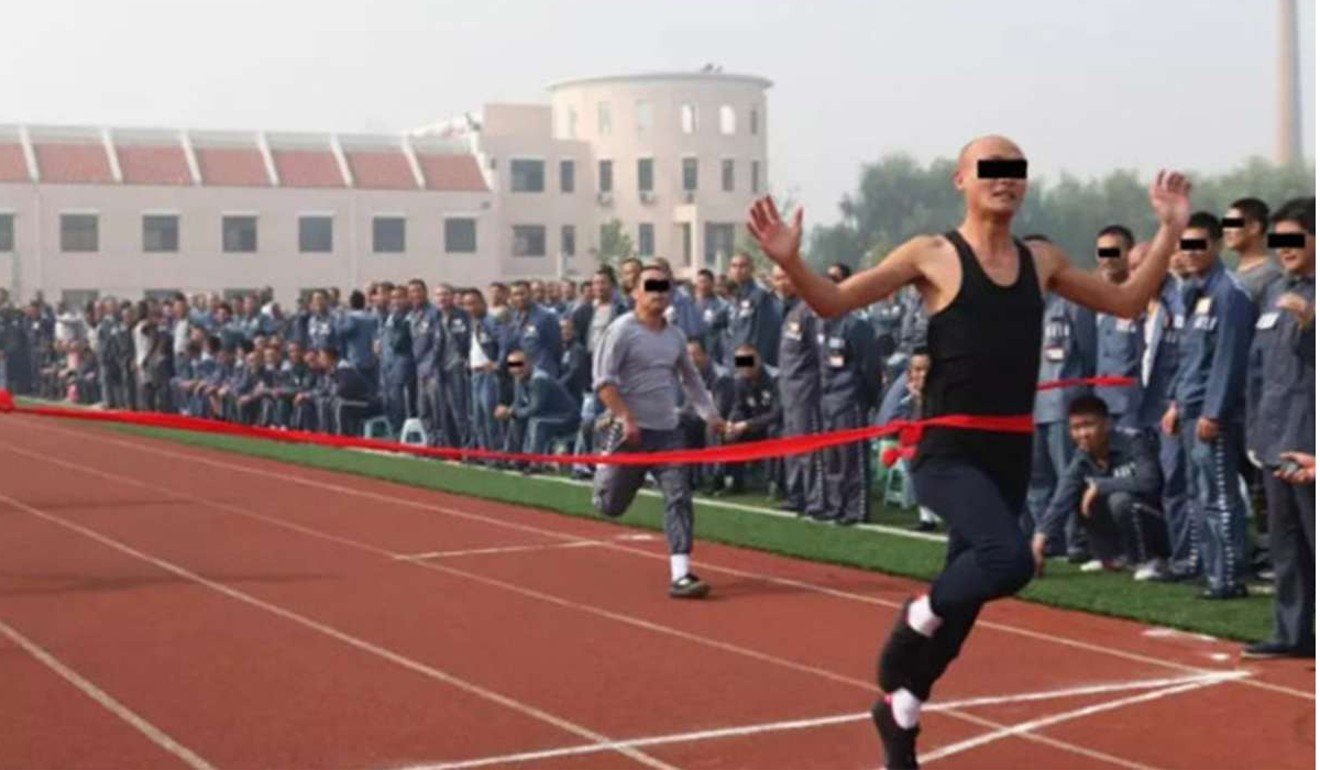
“For instance,” said project representative Meng Qingbiao, “if an inmate has been spotted pacing up and down in a room for some time, the machine may regard the phenomenon as suspicious and suggest close-up checks with a human guard”.
He explained that this behaviour could suggest the prisoner is anxious or excited or liable to behave in an unexpected way.
Yancheng prison held more than 1,600 prisoners last year, according to a report by Shanghai-based news website Thepaper.cn.
That number has been increasing rapidly in recent years due to the massive anti-corruption campaign launched by President Xi Jinping and many fallen senior officials have ended up inside the jail.
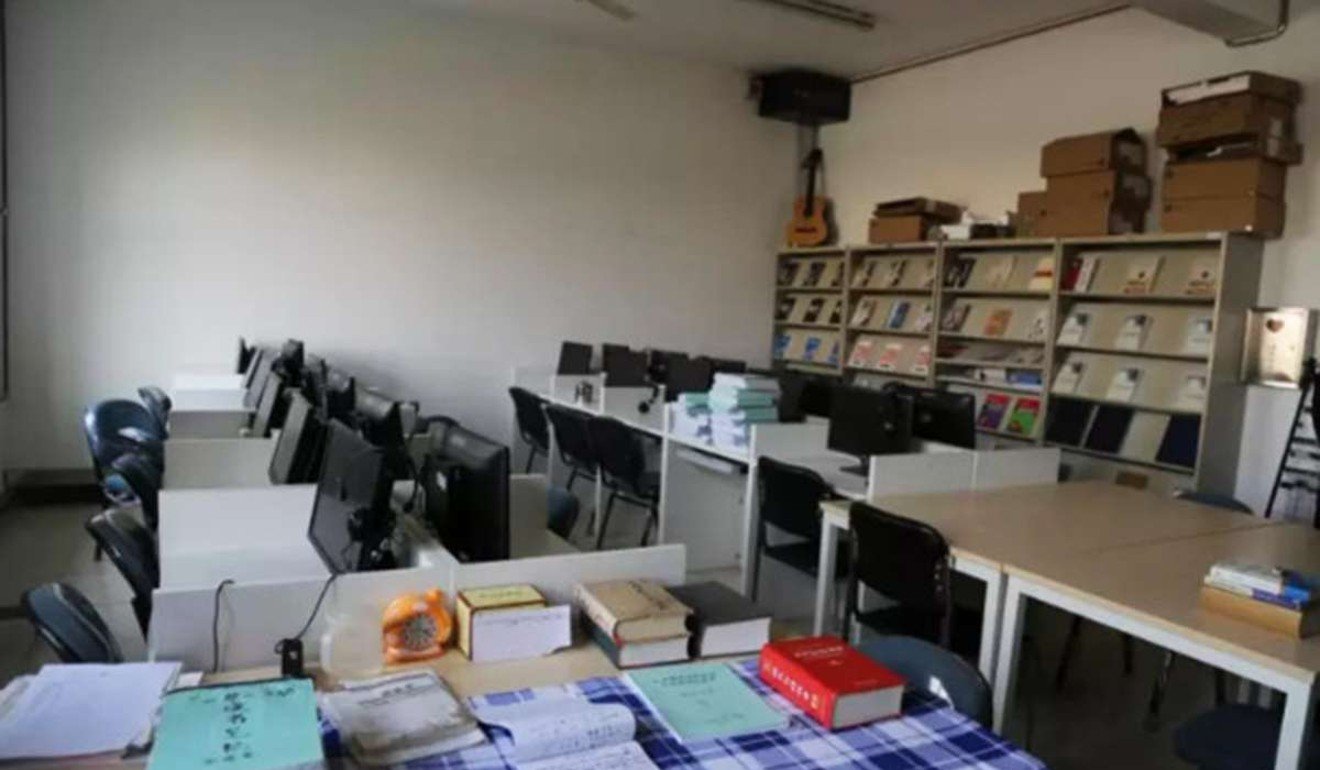
The AI system was jointly developed by numerous public research institutes, including Tianjin University, and Tiandy, one of the world’s largest surveillance technology companies based in Tianjin. Meng, a Tiandy employee, claimed the system would knows where a each particular person was and what he or she was doing, no matter how large the inmate population – and there would be no need for a human guard to watch the monitors.
This is in part thanks to advanced facial recognition technology which is capable of handling a huge amount of surveillance targets at the same time.
“The cutting edge technology allows each camera to track up to 200 faces at the same time,” he said. So the prisoners might be able blend in the crowd in a packed corridor, busy canteen, exercise session or even massive brawl, but they will never be able to slip away completely.
Even if they were able to bribe prison guards to help them escape, this would still be detected by the AI system, which would trigger the alarm.
“Prison breaks will be history,” Meng said.
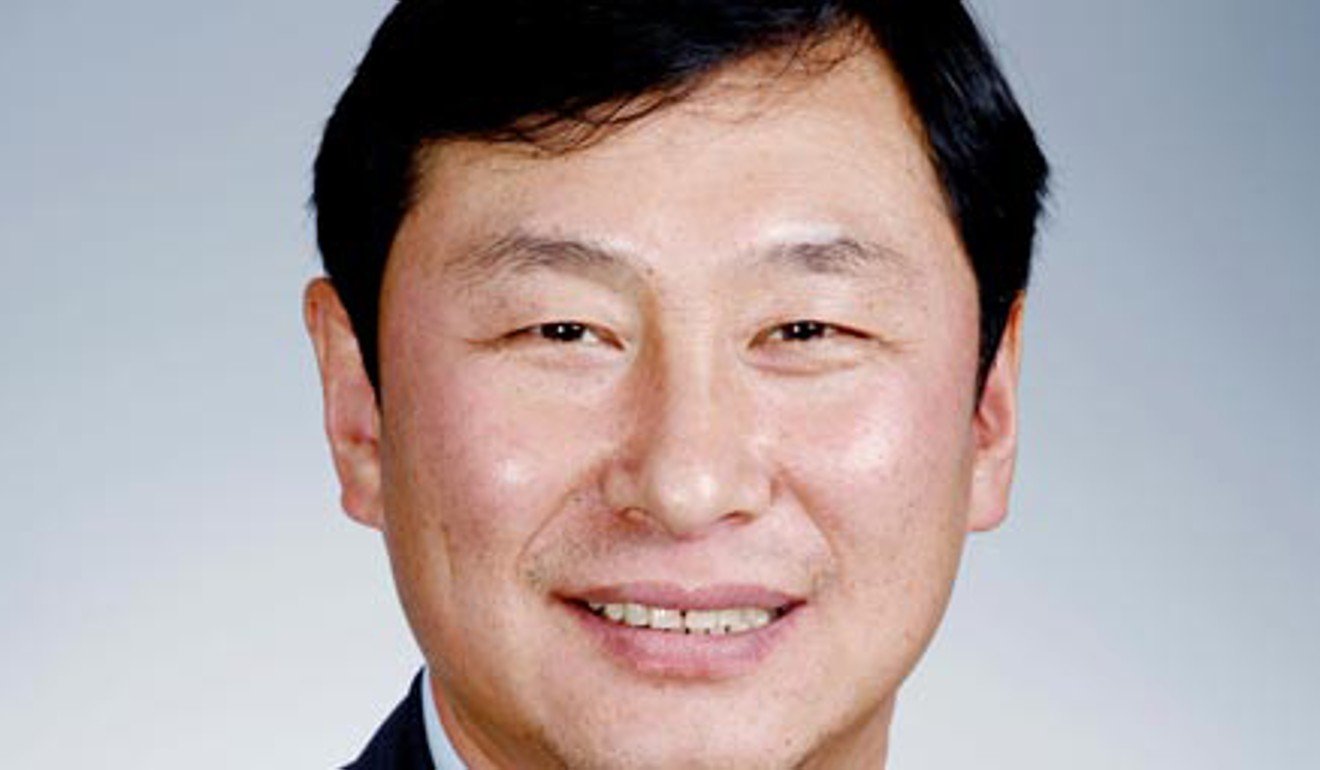
Tiandy is in talks with some South American countries to introduce the technology into jails that have a history of violence and security breaches, but their access to US market has been limited due to American government's ban on the use of Chinese technology, Meng said.
But the use of technology to monitor prisoners 24 hours a day, seven days a week, raises profound ethical questions.
Rules from the UN high commissioner for human rights state that prisoners “shall be treated with the respect due to their inherent dignity and value as human beings”.
Zhang Xuemin, a professor of physiology who has studied human behaviour in extreme environments at Beijing Normal University, said the cameras and AI would “definitely affect” the prisoners’ lives and their mental state.
He also argued that the authorities must consider that supervising humans with machines may backfire in unexpected ways.
Some informed and smart prisoners, for instance, may learn new ways to cheat the AI and exploit the machine’s weaknesses for their purposes.
“The technology should not replace humans,” he said.
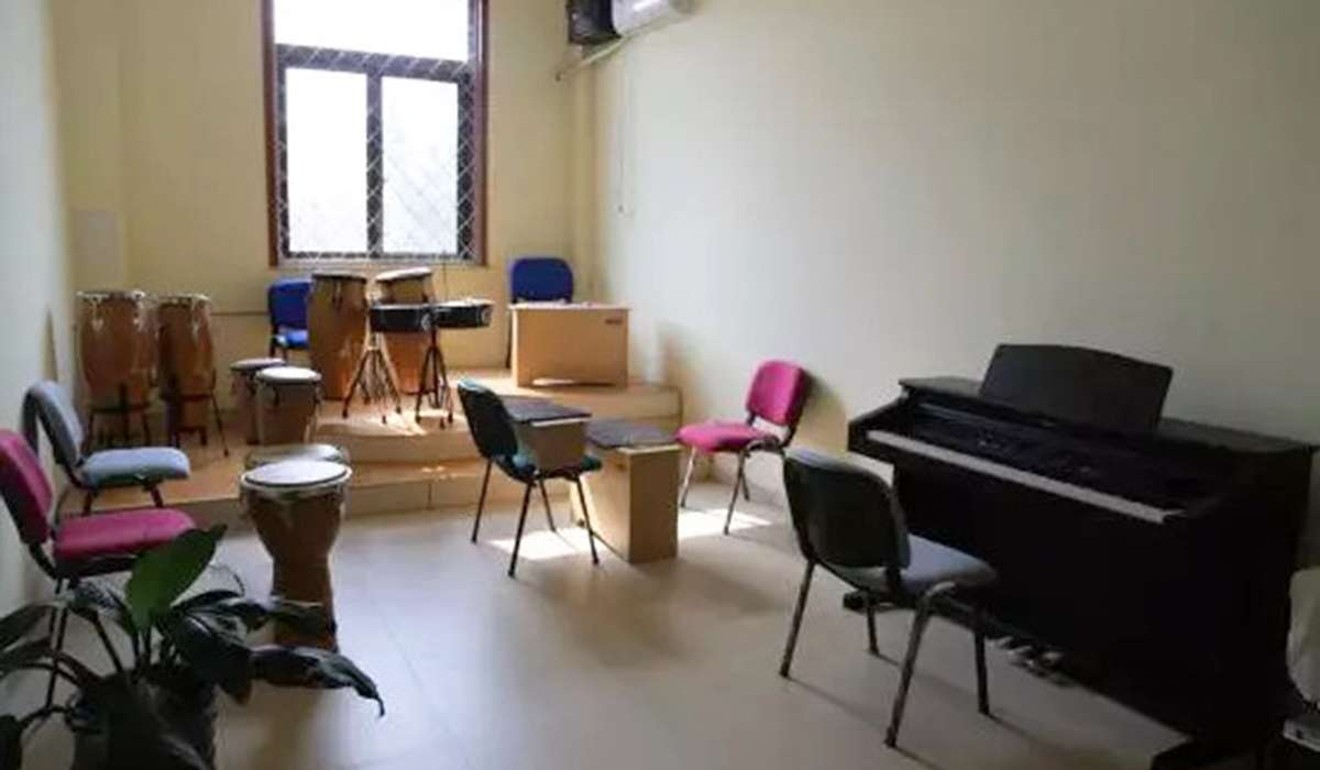
In some of the world’s most famous escapes, prisoners have outsmarted the guards with a range of methods such as digging tunnels, cutting through walls or, in the case of one Korean yoga master, using his skills to squeeze through a tiny hole designed to pass food into the cell.
But Ding Zhenyang, assistant professor of electric engineering with Tianjin University who had took part in the project, said the prisoners could not beat the AI.
Even if they someone managed to convince the camera that they were not doing anything untoward, they would not be able to leave the prison.
The system was linked not only to cameras but sensors such as optical fibres capable of detecting and locating many types of ground movements.
“You may cheat the camera. You may cheat the sensor. But you will not cheat both,” he said.
Prison breaks are relatively rare in China and no official figures are available, but they do happen from time to time.
Even prisons accept mobile payment in China’s cashless society
Last year, two prisoners escaped from a prison in Liaoning province. According to Beijing Youth Daily, they stole uniforms and entry cards from a guard's locker and just walked out. They were later caught and arrested after a manhunt involving more than 1,200 police officers.
It was unclear whether Yancheng’s prisoners have been informed about the launch of the AI monitoring system and the Ministry of Justice has yet to respond to a request for comment.
China is not the only country with the idea of an AI-run prison.
In Britain, Altcourse Prison near Liverpool installed AI in 2016 in the hope it could stop contraband being smuggled into the jail.
The government of Singapore has conducted a series of experiments to see if technology can help guards operate more efficiently and has even discussed the possibility of building a guard-free prison.
But none have gone so far as putting a camera in every cell.

